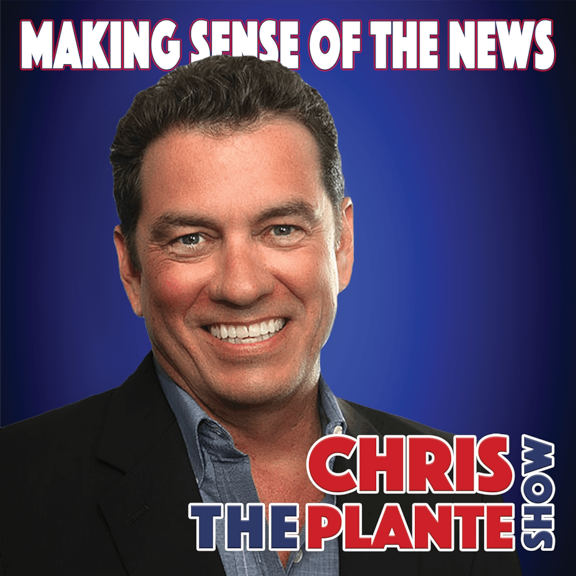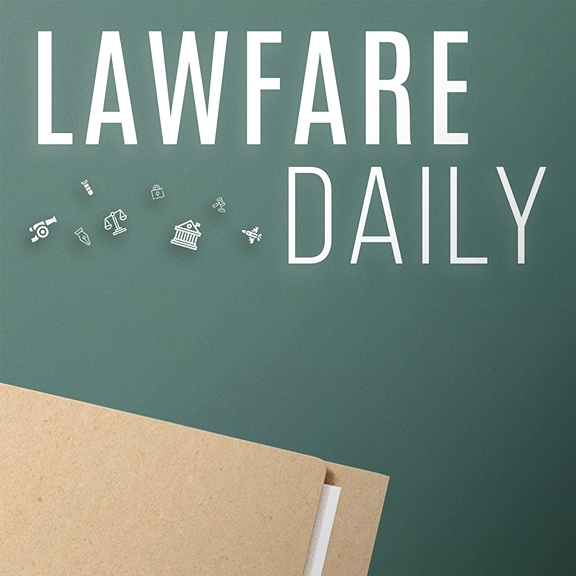
Veteran advocate and evaluator Kathleen Sullivan and I review key points from the podcast's first ten episodes
To mark the podcast being ten-episodes old, I invited close colleague and good friend Kathleen Sullivan of Fine Gauge Strategies to listen back to some of the most interesting points made by those first ten guests. Similar to the way she and I delve into our interviews for evaluation projects, I wanted to have Kathleen highlight the insights she gleaned from the guests—as well as draw connections to trends and perspectives in the evaluation field.
We revisited Angela Bruce-Raeburn's account of how, after George Floyd's murder, international development practitioners and organizers were newly willing to discuss the way racism skewed their work. As Kathleen noted, such sudden openings pose the challenge of being ready to take make the most of them, especially with the uncertainty of how wide or long-lasting the opening will be.
We also listened to two pairs of clips. Adotei Akwei and Gawain Kripke compared and contrasted the inside game of working with policymaker allies versus building movements and constituencies for more ambitious change. And we heard the perspectives of Richard Healey and Elisa Massimino on why it's important to keep sight of long-range overarching aims for social change, to properly orient current efforts.
Drawing on those sets of observations as well as our recent attendance at the annual meeting of the American Evaluation Association, Kathleen and I discussed the recent rethinking of the role of professional advocates. Over the last several decades, the professionalization of the field has skewed the agenda toward established advocates' sense of the best opportunities for change. In the spirit of Julia Coffman's call to "stand up and step back," we talked about combining the skills and perspectives of professionals and affected communities—forging alliances on a social change agenda with the goals and priorities set by those most affected.




















